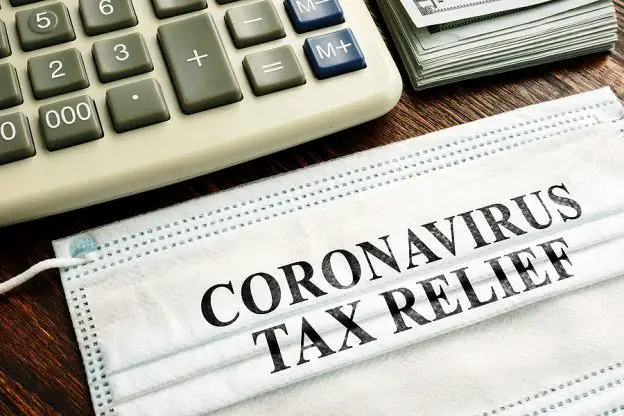
To help mitigate the impact of COVID 19, HMRC is giving all self assessment taxpayers an automatic payment on account deferral for July 2020. This means that if you missed your July payment, HMRC have recorded it as a deferment. So you will not be penalised for missing a payment deadline, as in normal circumstances.
The government’s intention is to free up the cash business owners will have set aside for their tax bill, in order to keep things running.
What is payment on your SA account?
If you pay your tax bill through the self assessment system, you make two payments on 31st July and 31st January. As HMRC explain: “Each payment on account is estimated, based on 50% of the previous year’s Self-Assessment tax bill and they are advance payments towards the current year’s tax bill.”
How does the deferral work?
This deferral of payment applies to all individuals and businesses that are registered for Self Assessment in all industries. Unfortunately, it is not a cancellation of the payment. The deadline is simply deferred until 31st January 2021.
These payments on account include Class 4 National Insurance Contributions (NICs) and income tax. They do not include Capital Gains Tax or student loan repayments.
You don’t have to get in touch with HMRC to tell them that you’re deferring. All missed July payments are recorded as deferrals. And everybody avoids the interest charge and fine for late payment.
All you have to do is cancel any direct debit before it comes out of your account.
You do not have to defer and you can settle your bill with HMRC any time before the new January 31st deadline.
You can still use the other coronavirus government support schemes if you take the deferral.
HMRC’s Director General of Customer Services, Angela MacDonald, said: “We want to support taxpayers as much as possible as they face uncertainty and difficult circumstances. That’s why we want to remind those who may struggle to pay a tax bill right now that they have the option to defer their Self Assessment payment. They don’t need to do anything to take advantage of this deferral. By simply not paying, HMRC will know they have deferred and we will do the rest.”
Is deferring your self assessment payment on account a good idea for everyone?
You need to consider what this will mean within your bigger financial picture. Deferring might be the best idea because it frees up the cash to do immediately necessary things, like make your workplace COVID safe. But you need to be sure that you’ll be able to have the money for that payment by January 31st.
January 31st 2021 is the deadline for:
- 2019-20 balancing payment
- 2020-21 first payment on account
- Deferred July 2020 payment on account
So you need to figure out if you can afford all three payments on one deadline.
Do I have to pay it all as lump sums?
HMRC just want taxpayers to pay their tax bill and have several procedures in place to make sure everyone has the best chance to do this.
There is a pay in instalments system called Time To Pay. This is to help people pay off overdue tax bills. If you’ve already got one set up, you can add in your July payment on account amount.
Alternatively, you can set up a budget payment plan with HMRC. This allows you to pay off your July bill in more manageable, monthly amounts.
Why are HMRC allowing this deferral at a time when we have such a big COVID-19 recovery bill?
HMRC predict that deferring this July payment on account will mean that £11.8 billion will remain in businesses. Which obviously means that the Treasury are down £11.8 billion. On the surface, this does seem counterintuitive, given the huge debt the UK has fallen into as a direct result of coronavirus.
There are 2.7million taxpayers eligible to defer. 1.3 million of them are self employed. HMRC are doing their best to support businesses survival. They are thinking long term.
They are trying to balance current costs with future economic recovery. It is in no one’s interest for even half of those self employed people to go under. A healthy economy needs open businesses and, if a little breathing space now enables that, it’s a good decision.
The important thing is that you work out what is best for your businesses right now, and into the future.







